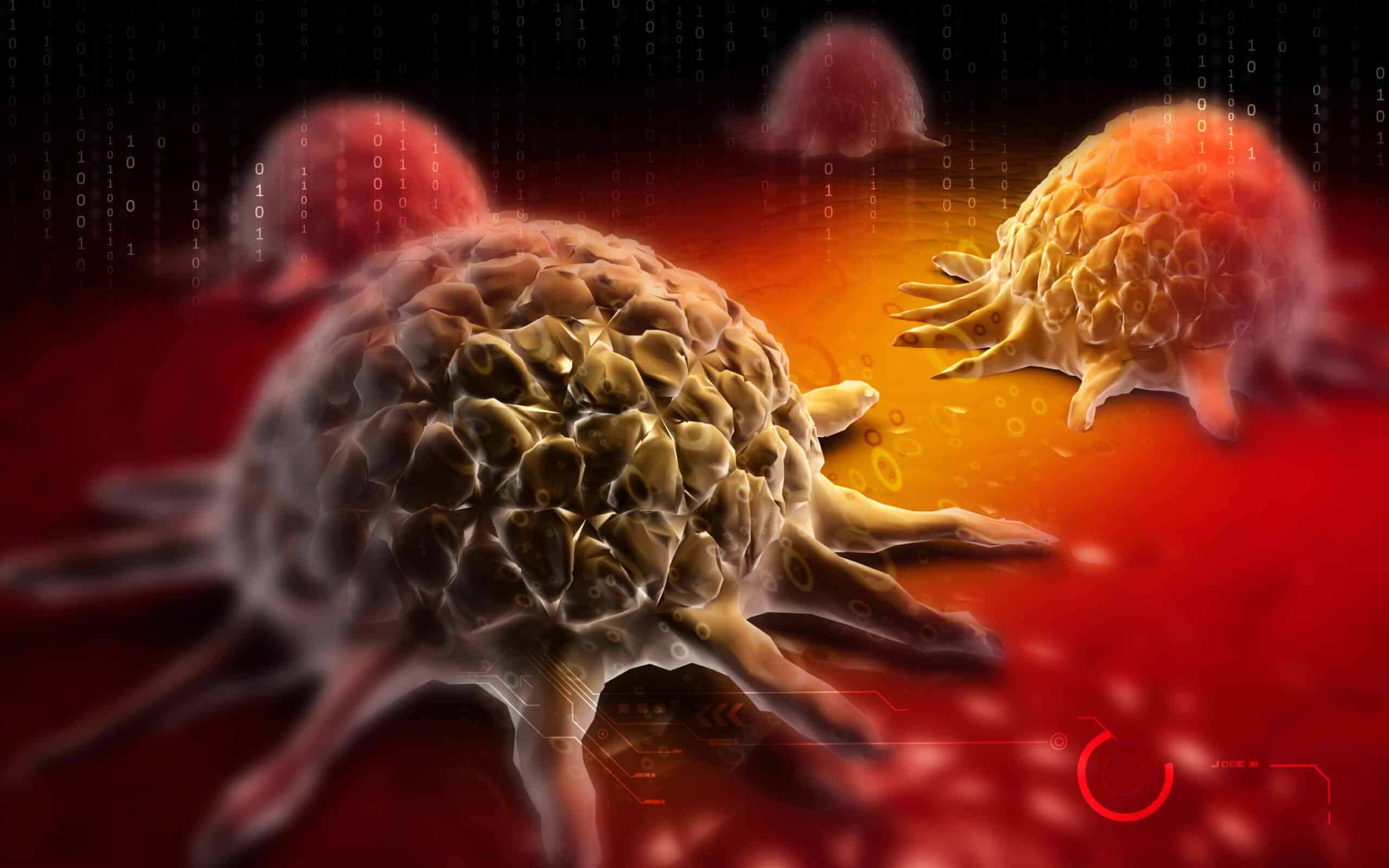The prevalence of breast cancer leads to keen interest in identifying exactly what happens in healthy and diseased cells. Breast tissue has traditionally been considered sterile. With the aid of metabolomics, we know that the breast has its own microbiome. And the health of the breast microbiome depends on the health of the gut microbiome. The metabolites of various organisms can now be identified and quantitated leading to identification of the bacterial inhabitants of the breast microbiome both in health and in disease.
The metabolites of various bacteria are modulators of our body’s functioning including inflammation proliferation and cell death. These metabolites can serve as biomarkers for healthy or diseased tissues
Its’s been suggested that one should be limiting supplementing the hormone progesterone or even that endogenous progesterone is a danger. Progesterone may be metabolized to pregnanes and pregnenes which in turn cause cell proliferation and tumor growth. However, this conversion requires the action of an enzyme, 5 alpha reductase and the presence of bacillus cereus to metabolize progesterone in this pathway. The bacteria may be the source of aberrant metabolism of progesterone. Rather than limiting an essential hormone, the key may be restoring a healthy gut and breast microbiome.
There are other examples of activity of bacterial metabolites Lithocholic acid, short-chain fatty acids, indole-propionic acid or cadaverine can limit the proliferation of breast cancer cells and now can be identified. An association of low Faecalibacterium in the gut was linked to the upregulation of phosphocholine in breast cancer patients. Bacterial production of glucuronidase reactivates already conjugated estrogens and may increase estrogen stimulation.
This possibility of identifying the breast microbiome inhabitants in both healthy and diseased tissue may lead to new and better diagnosis and treatments.
Re: Mysoon, M Et all “Metabolomics-Microbiome Crosstalk in the Breast Cancer Microenvironment” Metabolites 4 November 2021




